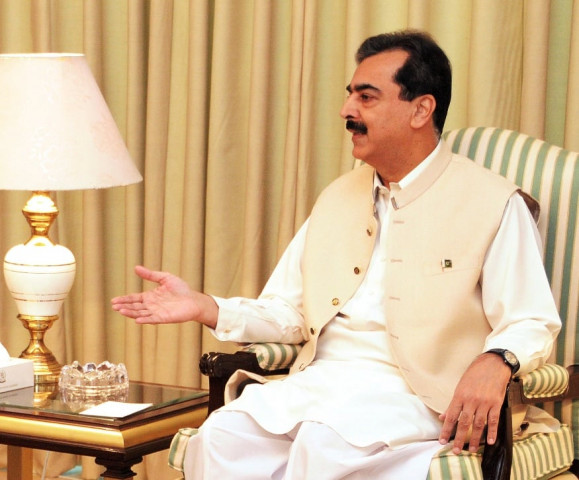Day of reckoning?
One wonders whether the headline applies as much as to Prime Minister Yousaf Raza Gilani as the Sindh government.

Going by the make-up of the province, the most stable government for Sindh would always been one where the MQM and the PPP share a coalition. The province and Karachi in particular may also be looking to some very uncertain days in the not-so-distant future. As for the federal level, the MQM has a hefty 25 seats in the National Assembly and Prime Minister Gilani will find it increasingly hard to command to the leadership of the house.
The MQM has said that its decision to sit in the opposition and in effect leave the government at the centre, is based on decisions such as increase in oil price announced on January 1 and the PPP’s insistence on the reformed GST. However, in the past couple of years, while the party has been in power, petrol prices have been raised several times so the cynic may wonder whether there is more to this decision than meets the eye. As for the RGST, the PPP has been unable to force a vote on it in parliament and the tax doesn’t in fact raise the rate of taxation but only broadens it to sectors of the economy that till now were outside the GST’s pale. Perhaps, points of conflict could have been the end of the nazim system for Karachi and the planned, but-now-delayed, decision to reintroduce commissioners. Also, the party has been of late complaining that some elements in the PPP were accusing it of being behind the violence in the city. That could also have been a bone an issue. One thing is for sure: the next few days will be tough for the PPP in Sindh and for the prime minister at the centre.
Published in The Express Tribune, January 3rd, 2011.















COMMENTS
Comments are moderated and generally will be posted if they are on-topic and not abusive.
For more information, please see our Comments FAQ